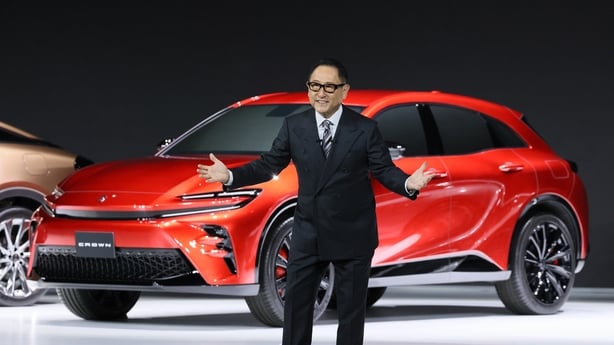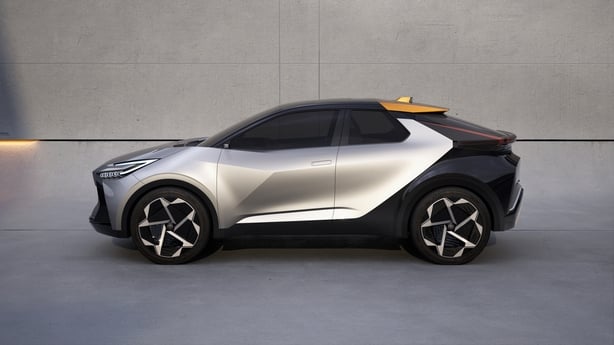As a mass-market producer of cars and whose profit margins are driven by volume, Toyota has been an outlier on the car industry's strategy to go fully-electric.
Even though Toyota has another six electric cars ready to go into production in the next three years, this represents a modest schedule compared to that of other companies.
While many other manufacturers have already set deadlines for the full move to electric, the second biggest car company in the world continues to hedge its bets because it still believes electric cars are too expensive, that supplies of nickel and cobalt for batteries are a major issue. It also has serious reservations about the preparedness of countries that do not have the required electricity networks to allow for full electrification.
"Around the world, more than 1bn people do not have access to adequate electricity supplies due to a lack of infrastructure," says Toyota chief executive Akio Toyoda.

He argues that electric cars may be "a satisfactory answer in Europe and increasingly in the Unites States . . . they are not yet an answer everywhere, nor are they yet affordable for all".
A survey late last year by the European Automobile Manufacturers' Association says ten EU countries do not even have one charger for every 100 kilometre of key roads, eight member states have under 5 charging points per 100km of road, with just four possessing more than 10 chargers for each 100km of streets.
Ireland was listed as having one charging location per 100 km of road network, with an electric vehicle market share of 7.2 per cent of the total number of cars sold here. By comparison, Holland had 47.5 charging facilities per 100 km’s, Luxembourg had 34.5 and Germany 19.4.
"Consumers will not be able to make the switch to zero-emission vehicles if there are not enough charging and refuelling stations along the roads where they drive," says ACEA Director General, Erik-Mark Huitema.
"If citizens of Greece, Lithuania, Poland and Romania still have to travel 200km or more to find a charger, we cannot expect them to be willing to buy an electric car," he adds.

Toyota confirmed its six forthcoming electric vehicle projects as it announced its latest version of the C-HR compact SUV, which will only be available with hybrid or plug-in hybrid technology.
The C-HR Prologue, as it’s called, is due for launch in late next year. It will be roomier than the current C-HR, with bigger wheels, shorter overhangs front and rear and a more sporty design. Elements of that design include narrower headlights and a"hammer head" front design.
It’s expected to have a 2.0 litre petrol engine with a 147 horse power output, combined with a 150 HP motor.


